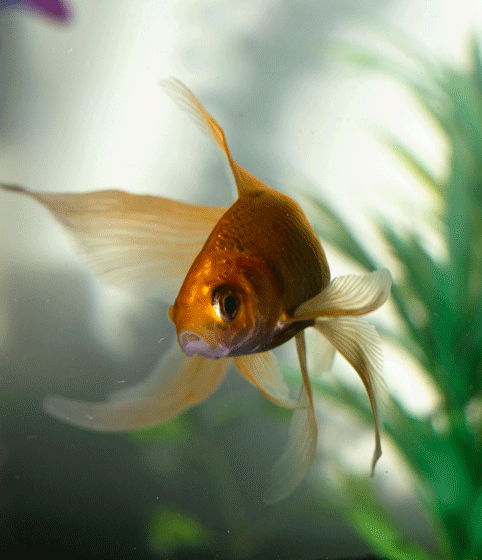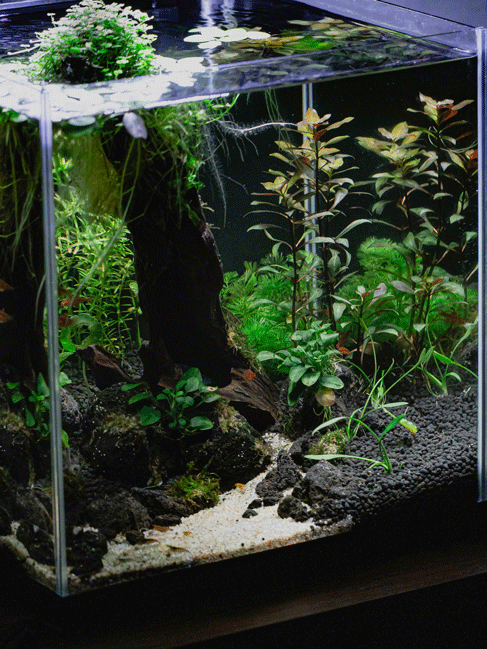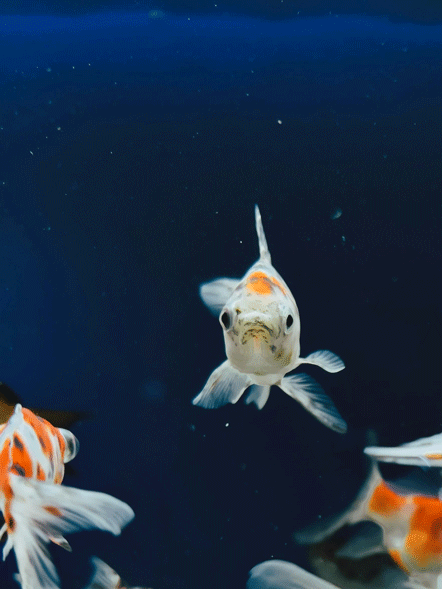A Beginner’s Guide to Keeping Pet Fish in Europe
How to keep your finned friends happy, healthy, and swimming strong
Keeping pet fish is a little like gardening, you get the beauty and calm, but you also need patience, regular care, and some know-how. While an aquarium can be a stunning addition to your home, fish are far from “easy pets.” They have specific needs, need routine care and a happy tank means a healthy tank. Let’s dive into the essentials.
Choosing your fish wisely
Before you buy fish, think about what suits your space, your budget, and your level of experience.
- Goldfish:Europe’s most famous fishy friend are often thought to live just five years and stay small, but in the right conditions, they can grow over 30 cm and live for 25 years! Common goldfish are the hardiest, while fancy breeds may have delicate health due to selective breeding.
- Freshwater tropical fish: From guppies to tetras, tropical fish bring colour and variety to your aquarium. Some are shoaling fish (they prefer a group), while others are territorial and need space. Like goldfish, selectively bred tropical fish can face welfare issues, so choose responsibly.
- Corydoras catfish: These friendly, bottom-dwelling freshwater fish are perfect for community aquariums. They’re peaceful, social, and happiest in groups of six or more. Corydoras’ whisker-like barbels help them sense leftover food in the gravel, resulting in cleaner tanks, but they still need their own proper diet and a soft substrate to protect them from injury.
📌 Tip: Always ask your retailer where their fish come from. Avoid wild-caught species, as they’re often taken in ways that harm both the fish and their natural habitats.


Setting up your aquarium
Each fish has its own needs, here are some things you’ll have to consider setting up their space:
- Pick the right tank size: Bigger is better. A single betta fish needs at least 20–40 litres, while a goldfish should have around 300 litres. Small bowls are for good reasons banned in some European cities, as they don’t provide enough oxygen or swimming room.
- Cycle before you buy: “Fishless cycling” means running your tank for at least two weeks before adding fish. This lets good bacteria grow and makes the environment safe.
- Filter and flow: A filter keeps water clean, but water movement should match your fish’s natural habitat. Bettas, for example, prefer calm water.
- Temperature and lighting:Tropical fish like warmer water, while goldfish prefer cooler conditions. Use a thermometer and heater if needed and set up lighting that mimics natural day–night cycles.
- Décor and plants: Add hiding places and plants, real ones help filter water and make your aquarium more natural. Change things up occasionally so your fish can explore.
Everyday fish care
Think of your tank as a tiny ecosystem. It needs regular upkeep:
- Feed the right diet; not all flakes suit all fish, so learn what your species eats and avoid overfeeding.
- Clean regularly, even if you’ve equipped your tank with a filter: change some water weekly and vacuum gravel to remove debris.
- Check water quality by testing for pH, ammonia, nitrite, and nitrate levels. Poor water quality means stressed, sick fish.
- Watch for illness: lethargy, split fins, white spots, or loss of appetite can mean trouble. Reach out to your veterinarian; early treatment is key!
Where (and where not) to get your fish
Skip funfair “prizes” and online postal delivery, as both cause unnecessary stress and high mortality rates. Instead, find rehoming centres and reputable aquatics shops.
Clean tanks, healthy fish, and knowledgeable staff are a must!
Red flags in shops: cloudy water, dead fish in tanks, fish with visible sores, or cramped conditions.
Respecting your fish
Fish aren’t ornaments; they’re intelligent animals. Some species can even learn faster than dogs! They communicate, form social bonds, and need stimulation.
If you already have fish, you can make their lives better by:
- Giving them space to swim naturally
- Offering enrichment with plants, rocks, and hiding places
- Keeping their tank in a quiet area
- Maintaining stable water conditions year-round
With the right preparation, care, and respect, keeping fish can be a peaceful, rewarding hobby that lasts for years. As one famous animated fish said, “Fish aren’t meant to be in a box, kid.”
📌 While we can’t give them the whole ocean, we can give them a home worth swimming in.
Further resources
- European Union animal welfare strategy – for updates on animal care laws and guidelines
- Welfare of captive fish – for more information on pet fish welfare
- Healthy pets, healthy people – to understand how fish health affects public health
- Practical fishkeeping – great tips and expert advice for all experience levels
- Care guides – information and details for different species profiles
- Ethical considerations – to reflect on concerns related to pet fish, such as conservation, invasive species and wild fish population



